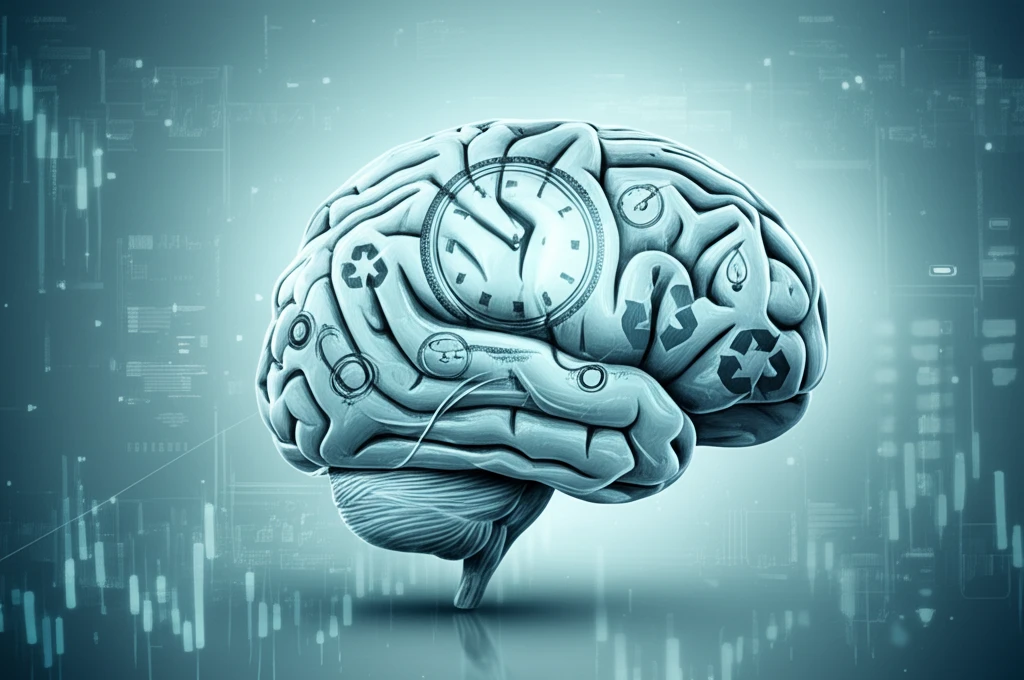
Can We Fight Brain Damage with Our Body's Own Recycling System?
"New Research Uncovers the Link Between Circadian Rhythms, Autophagy, and Stroke Vulnerability"
Our bodies are remarkably synchronized machines. Many of our functions ebb and flow throughout the day, influenced by our internal clocks, known as circadian rhythms. These rhythms govern everything from sleep cycles to hormone release, and even our susceptibility to illness.
Intriguingly, research is revealing that the time of day when certain health events occur can significantly impact their severity. For instance, asthma attacks and strokes are more frequent in the morning, while nighttime ischemic injuries may be less severe. This points to the crucial role of our internal clock in influencing our body’s response to disease.
Now, scientists are digging deeper into the cellular mechanisms behind these time-dependent differences. One area of focus is autophagy, the body's vital recycling system that clears out damaged cells and proteins. A recent study sheds light on the fascinating interplay between circadian rhythms, autophagy, and vulnerability to brain damage following a stroke. This research could pave the way for innovative approaches to protect the brain and improve stroke outcomes.
Autophagy: Your Brain's Natural Cleaning Crew

Imagine a bustling city that relies on a dedicated cleaning crew to keep everything running smoothly. That’s essentially what autophagy does for your cells. It's a fundamental process where cells break down and recycle damaged components, including proteins and organelles. This process is critical for maintaining cellular health and preventing the buildup of toxic debris.
- Recycling Cellular Waste: Autophagy identifies and breaks down damaged proteins and organelles, preventing toxic buildup.
- Maintaining Cellular Health: By removing cellular debris, autophagy ensures that cells function optimally.
- Responding to Stress: Autophagy ramps up during stressful conditions like nutrient deprivation to provide cells with energy and building blocks.
Protecting Our Brains: The Future of Autophagy Research
The findings underscore the complex relationship between our internal clocks and the cellular processes that protect our brains. By further unraveling the mechanisms that link circadian rhythms and autophagy, scientists hope to develop targeted therapies that enhance the brain's resilience to stroke and other neurological conditions. Perhaps one day, we can harness the power of our body's own recycling system to safeguard our cognitive health and well-being. The hope is to prevent cell-death and reduce the chance of stroke.
